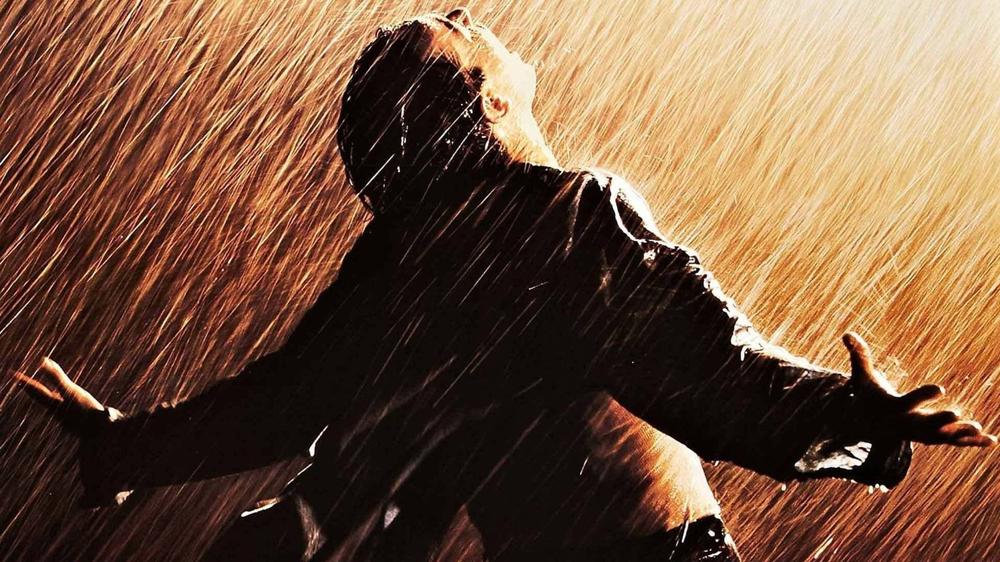Stephen King has addressed the thorny subject of spoilers in a new essay, stating that he gets “impatient” with the concept, and bemoaning “the cry of spoilt people.”
It’s been a big year for Stephen King fans, as not only has he published new Holly Gibney novel ‘Never Flinch,’ but the master of horror has also had multiple movies in cinemas.
The Monkey got 2025 off to a twisted start, while Life of Chuck was a more life-affirming affair when it released during the summer. More recently The Long Walk made us cry, while The Running Man should deliver dystopian action and excitement when it hit screens in November.
Those stories – like much of his work – feature twist and turns, and thanks to a new opinion piece, we now know that he isn’t bothered about such key moments being spoiled.
Stephen King claims “you can rarely spoil a good story”
A new collection of Daphne du Maurier stories – titled ‘After Midnight: Thirteen Chilling Tales’ – hit shelves this week, featuring an introduction by Stephen King.
To coincide with the release, King wrote a piece for The Guardian in which he celebrates the Rebecca author’s “unsettling genius,” stating that ” the line-by-line quality of Du Maurier’s writing is astonishing, given how prolific she was: 17 novels, six biographies, three plays and dozens of short stories.”
He also compares the ending of The Birds movie to Du Maurier’s short story, which prompts a pretty controversial opinion from King about spoilers.
“I am impatient with the idea of ‘spoilers,’ a term that’s come into vogue along with other unpleasant side-effects of the internet in general and social media in particular,” he writes. “I find ‘You spoiled it!’ to be, typically, the cry of spoilt people. I’d argue you can rarely spoil a good story, because the joy is in the journey rather than the arrival.”
Which is pretty shocking from a man whose work features twists that frequently elevate the material, most notably the big surprise at the end of ‘Rita Hayworth and the Shawshank Redemption’ – a story that’s power would be greatly diminished if readers knew what was coming.
But King then does something of an about-turn when it comes to the concept of spoilers by adding that “Du Maurier’s stories are a notable exception to that rule. To talk about any of them at length would destroy their effect.” Meaning that maybe he’s against spoilers after all!

 Razzi cinesi a catena di montaggio: il piano per sfidare SpaceX
Razzi cinesi a catena di montaggio: il piano per sfidare SpaceX